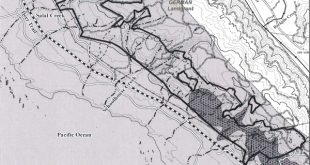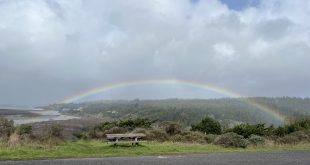| by Brett Wilkison December 6, 2013 Santa Rosa Press Democrat |
[excerpt:]
Environmentalists are hailing a court ruling this week that deals a significant setback to a hotly disputed vineyard project in northwestern Sonoma County.
If it stands, the decision could serve as a bulwark against the push of vineyards into a mostly untilled swath of the region’s coast range, blocking grape growers searching for cooler ground for their crops in the advance of climate change.
The ruling stems from a lawsuit brought last year by three groups challenging state approval of plans by Artesa Vineyards and Winery of Napa, owned by the Spanish wine giant Grupo Codorniu.
. . .
Opponents, including environmentalists and several Indian tribes, have objected to the plans, which they say would fragment the largely undeveloped landscape and harm water resources and wildlife. Pomo tribes also fear it could disturb sites once used by their ancestors.
In his final ruling this week, Sonoma County Judge Elliot Daum rejected key parts of the project’s environmental review, siding with most of the claims brought by the environmental groups in their lawsuit.
Representatives for those groups said the court decision lends new strength to their main contention that North Coast forests, and even the previously logged Artesa property, should not serve as the next frontier for the expansion of the region’s dominant wine industry.
. . .
| To read the entire article, visit the Press Democrat: Ruling deals setback to Artesa’s disputed vineyard plan.Also in the Press Democrat: Wine industry veterans see declining vineyard expansion.and Interactive map of Sonoma County vineyards. |
For additional information, see:
Artesa Sonoma forest-to-vineyard conversion
 Cal Fire approved the environmental impact report for Artesa Winery’s controversial plan to clear-cut 154 acres of coastal redwood forest to plant a vineyard in Annapolis, but the report was rejected by the court.
Cal Fire approved the environmental impact report for Artesa Winery’s controversial plan to clear-cut 154 acres of coastal redwood forest to plant a vineyard in Annapolis, but the report was rejected by the court.
 Friends of Gualala River Protecting the Gualala River watershed and the species living within it
Friends of Gualala River Protecting the Gualala River watershed and the species living within it


